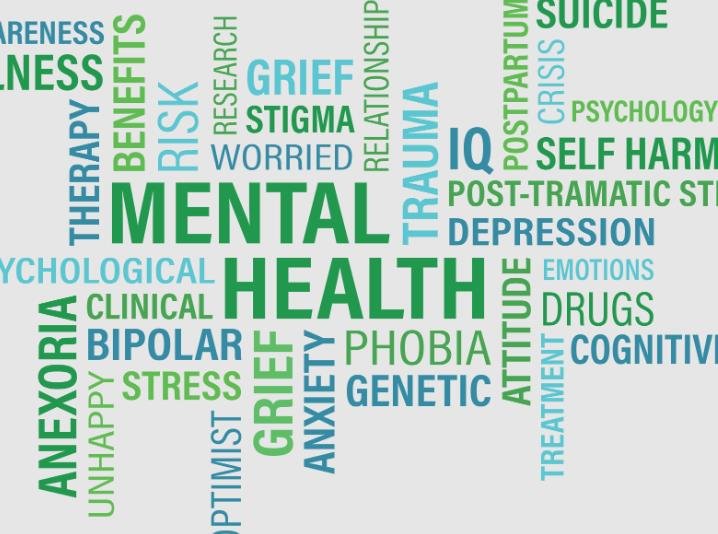California lawmakers are taking a bold step to address the growing concerns over social media’s impact on mental health. Recently, Attorney General Rob Bonta and Assemblymember Rebecca Bauer-Kahn introduced Assembly Bill 56, a proposal that seeks to mandate warnings about the potential mental health risks associated with social media use.
Understanding the Push for Regulation
Social media has transformed how we connect, share, and engage with the world. Yet, its rapid evolution has not come without consequences, particularly for young users. “Social media platforms like Facebook, Instagram, X, and TikTok have become an everpresent, nearly inescapable part of our daily lives,” stated Attorney General Rob Bonta during the bill’s introduction. He emphasized the urgent need for measures to protect vulnerable users from the psychological toll these platforms can impose.
Assemblymember Rebecca Bauer-Kahn echoed these sentiments, highlighting the addictive features and toxic content that often overwhelm adolescents. “Study after study shows that this heavy social media use correlates with the higher rates of psychological distress,” she remarked. The proposed bill aims to make users acutely aware of these risks, fostering a more informed and cautious online environment.

Key Provisions of Assembly Bill 56
The proposed legislation includes several critical components designed to mitigate the adverse effects of social media on mental health:
- Mandatory Warnings: Social media platforms will be required to display clear warnings about the potential mental health risks associated with prolonged use.
- Age Verification: Enhanced measures to ensure that minors are accurately identified, preventing underage users from accessing certain features that could exacerbate mental health issues.
- Content Regulation: Stricter guidelines for harmful content, including cyberbullying and exposure to inappropriate material.
- Data Privacy: Improved protections for user data to prevent misuse that could lead to increased psychological distress.
These measures aim to create a safer digital space, particularly for adolescents who are most susceptible to the negative impacts of social media.
Public Reaction and Support
The introduction of Assembly Bill 56 has sparked significant support among parents, educators, and mental health professionals. A recent survey indicated that 82% of California residents back the initiative, reflecting a widespread concern over the mental well-being of young individuals. Parents have been vocal about the need for such regulations, citing firsthand experiences of their children struggling with anxiety and depression linked to social media use.
Mental health advocates argue that without these safeguards, the existing problems will only worsen. “We’ve seen a clear connection between excessive social media use and mental health issues among teens,” said Dr. Emily Chen, a child psychologist. “This bill is a crucial step towards addressing these challenges head-on.”
Challenges and Criticisms
Despite the strong support, the bill has faced its share of criticisms. Opponents argue that such regulations could infringe on free speech and the open nature of the internet. Tech companies have also expressed concerns about the feasibility of implementing the proposed measures without stifling innovation.
Lisa Given, a professor at RMIT, pointed out potential loopholes, saying, “Young people may find ways to circumvent these bans and be less likely to disclose if they encounter harmful content.” There are also fears that overly stringent regulations could drive users towards less regulated platforms, inadvertently increasing their exposure to harmful content.
Balancing Safety and Freedom
Finding the right balance between protecting young users and maintaining an open digital environment is a complex challenge. While Assembly Bill 56 seeks to address the urgent need for mental health protections, it also raises questions about privacy and the role of government in regulating online behavior.
Experts suggest that alongside legislation, there should be a focus on digital literacy education. Teaching young people about responsible social media use and the potential risks involved can empower them to make informed decisions online.
The Path Forward
As Assembly Bill 56 moves through the legislative process, its impact will be closely watched both within California and globally. If successful, it could set a precedent for other states and countries grappling with similar issues related to social media and mental health.
The collaboration between lawmakers, mental health professionals, and the tech industry will be crucial in shaping a digital landscape that prioritizes the well-being of its users, especially the most vulnerable among them.
















